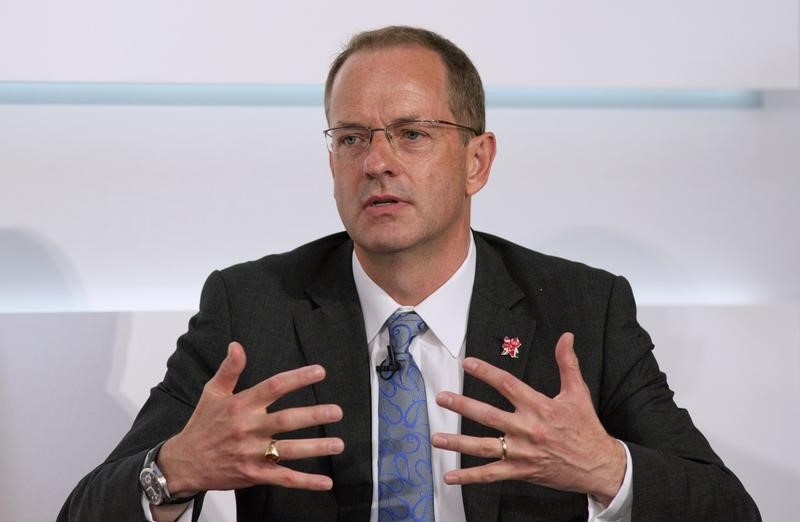By Ben Hirschler
LONDON (Reuters) - Drug industry and government officials have set up a task force to address regulatory and other problems facing the pharmaceutical sector following Britain's decision to leave the European Union.
Drugmakers, which overwhelmingly favoured remaining in the EU, account for 25 percent of all UK business research spending and companies have warned that Brexit threatens uncertainty, added complexity and potential drug approval delays.
The new steering group will be co-chaired by GlaxoSmithKline (L:GSK) chief executive Andrew Witty, AstraZeneca (L:AZN) CEO Pascal Soriot and life science minister George Freeman, a government spokesman said on Thursday.
An inaugural meeting was held on Wednesday and participants agreed to look into issues ranging from intellectual property and trade to regulation and access to skilled workers.
GSK and AstraZeneca said in a joint statement they wanted to secure outcomes that would "enable our industry to continue to make an important contribution to health and wealth".
That is also an aim shared by the government, which has said over many years that pharma and biotech are priority sectors.
Although the impact of Brexit on global companies like GSK and AstraZeneca will be limited, the UK pharmaceuticals trade association has warned that having Britain outside the EU could undermine future investment, research and jobs in the country.
Significantly, Britain may also have to develop its own domestic regulatory system, adding an extra layer of regulation and bureaucracy, and British patients could move to the back of the queue for new medicines if companies prioritise the larger EU market over the UK.

Currently, Britain is a significant hub for life science companies, helped by the presence in London of the European Medicines Agency, which acts as a one-stop-shop for EU drug approvals. But the pan-European drugs regulator is now expected to relocate to another EU city.